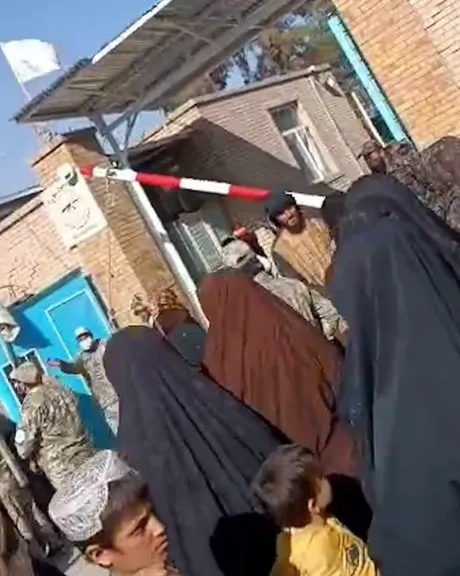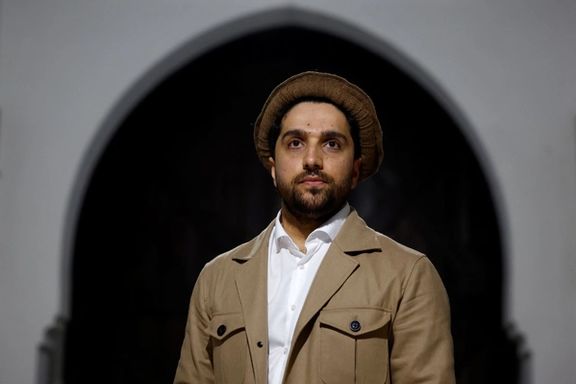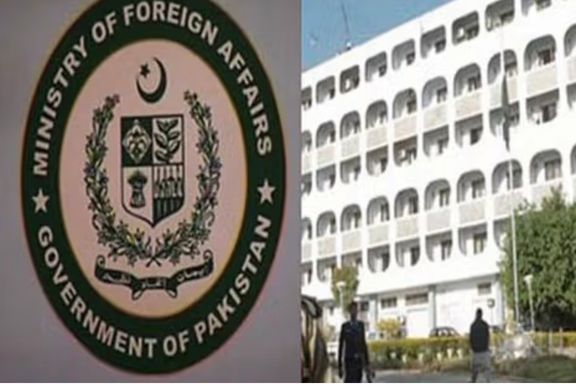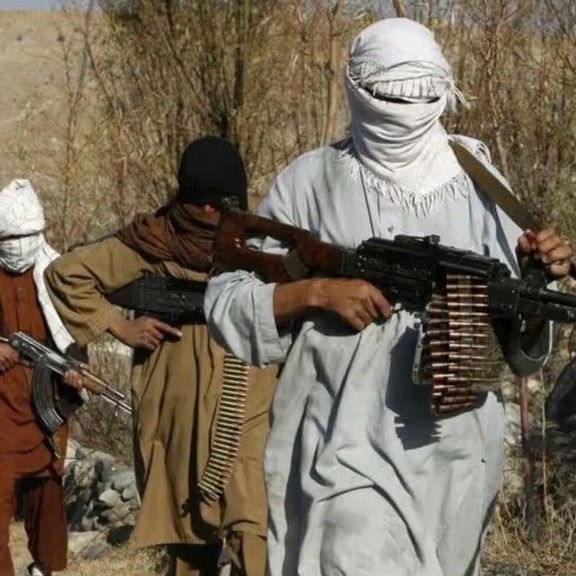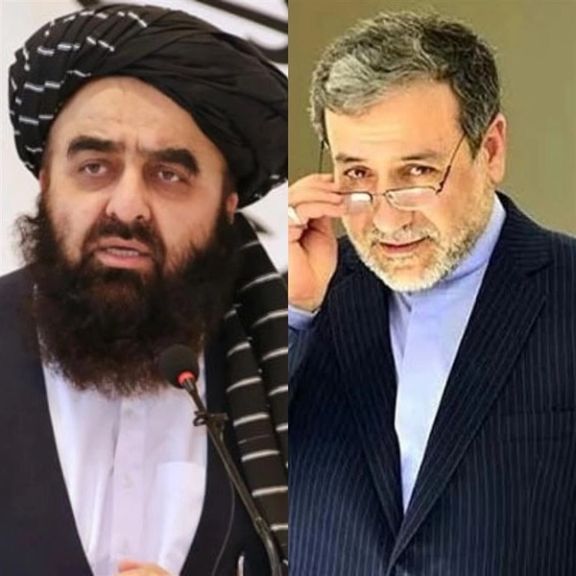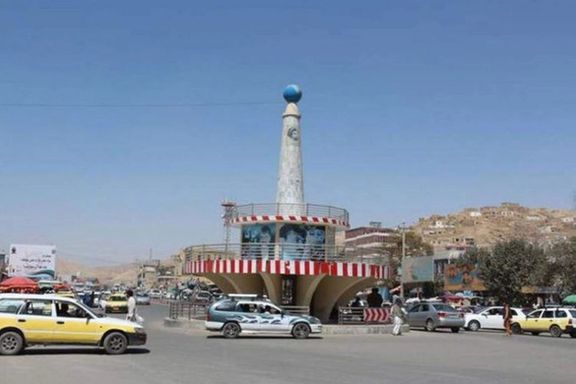It warned that such efforts undermined ongoing diplomatic engagement between the two sides.
In a detailed statement issued on 8 November, the ministry said the Taliban had used recent talks to level unfounded accusations against Pakistan, promote nationalist rhetoric, and prolong discussions without addressing Islamabad’s core security concerns. According to the statement, these tactics prevented any meaningful progress in negotiations.
The ministry argued that specific actors within the Taliban, allegedly supported financially by external players, were engaged in promoting “Pashtun nationalism” in Pakistan. It said the Pashtun population in Pakistan was larger than in Afghanistan and formed a dynamic, influential segment of Pakistani society, with many having held senior political and administrative roles.
Islamabad said that rather than trying to stir ethnic sentiment across the border, the Taliban should instead focus on improving ethnic inclusion within their own governing structures.
The ministry added that Pakistan had spent the past four years attempting to address security concerns over the presence of Tehreek-e-Taliban Pakistan (TTP) and other groups in Afghanistan through constructive engagement. In return, it said, Islamabad had received only empty assurances and no measurable action from the Taliban.
Pakistan again accused the Taliban of harbouring, supporting, and training anti-Pakistan militants, saying that the increase in attacks originating from Afghan soil since August 2021 was “undeniable and documented.” The statement said the issue was no longer one of the Taliban’s capacity but of their willingness to confront terrorism.
The ministry warned that Pakistan would take all necessary measures to defend its territory and citizens, adding that any party that offered refuge or support to militant groups “cannot be considered a friend of Pakistan.” Despite the strong language, it said Islamabad remained committed to resolving differences through diplomacy and dialogue.
Pakistan has also claimed that, beyond failing to curb extremist activity, some Taliban members were directly involved in sheltering Pakistani militants.
The Taliban’s Ministry of Foreign Affairs, in a separate statement, said the Pakistani delegation at the third round of talks in Istanbul had refused to accept any responsibilities, which, it said, led to the collapse of the negotiations.
The Taliban–Pakistan talks, mediated by Türkiye and Qatar and launched after deadly border clashes, concluded their third round without any breakthrough.

